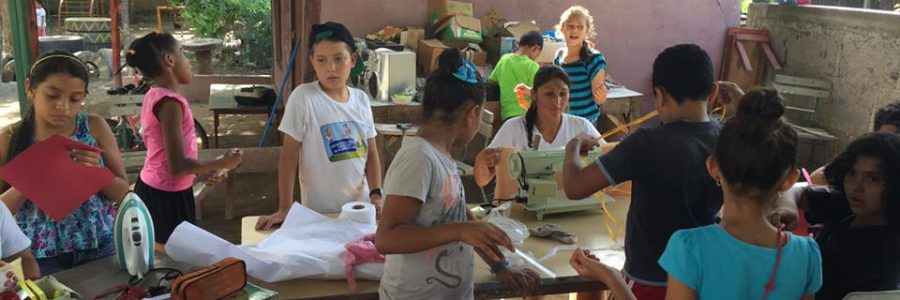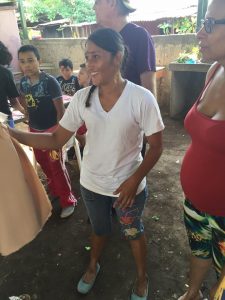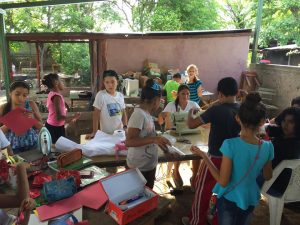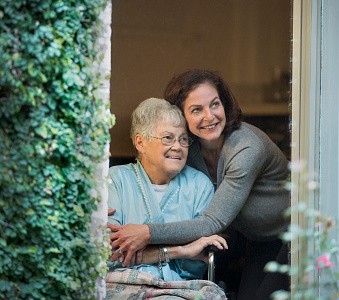I’ve been scared of not feeling my legs again since 2007, when I could not feel both legs and I was forced to in bed for a few months; a long time. It was absolutely scary, beyond infinity and beyond scary. This summer, I felt super scared again.
I was siting, being stressed, trying to stay afloat of everything I had to do amidst of going through a lot of other things. I began to fall down. I felt like I wasn’t doing well, my body was aching, my system was crashing and with that came Jes tumbling down. I was following rules. I was doing what I was supposed to do in other areas of my life. I was helping others out, being kind, getting productivity in, working under the pressures of what I had to fix. I was doing all of that except for one MAJOR thing… I was not taking care of me. As a person who was use to going on that morning walk or evening walk I had placed that to the side. I was afraid to challenge other’s and not say anything. I’d placed my health to the side. I wasn’t even going to the gym. At one point I was told to act like I was working during my finals to push through and get it done. And I didn’t want to disappoint and I didn’t want anyone mad. I’d already felt like a failure in more ways than one. I was scared of loosing it all.
I was challenging the wrong things. Others perception of me; what people thought of me. I allowed everything else to take a hold of my time and forgot to take care of me.
Thankfully, I have amazing mentors and they helped me out so much. I tend to choose amazing people in my life. I’m very blessed I have them, I did a good job in picking them for my inner circle, for my life. They defiantly helped me.
So… after loosing most things and I ended up in the hospital. After coming out of the hospital and getting all these things done, I challenged myself. I told myself I would restore and walk again without pain by the end of the summer’s end. I told myself I would take care of everything I had to take care of before I had to go back to saving one life at a time. I challenged myself to be emotionally strong and say what I needed to say before the summer ended. I challenged my health. Everyone around me kept telling me take it slow, one step at a time… and I did.
I started testing my limits, testing my self, one step at a time. When the pain was too much I would stop. My doctors told me, if it hurts don’t do it. And it did hurt and after a few more steps I stopped. Today two months later I’m walking 3.5-4 miles 4-5xs weekly, again. I’m back to where I was. I’m cooking for myself and feeling like myself again. I’m even saying what I felt and feel again. I’m being honest with how I’m feeling. I’m no longer worried if expressing myself is going to cause something else to go wrong. That is no way to live. I’m not letting anyone or anything stop me from taking care of me and voicing myself. I’m recouping slowly everything else I lost, but for now, i’m being strong. Back to who you know me to be. Many didn’t even know all I went through, I guess you will have to buy my book eventually to read about it…
For now, I’m eating all my meals, I’m drinking loads of water and I challenged myself. I’m challenging my health. Everything is one step at a time.
I doing it.
I’m not it alone though, I will tell you that. I don’t do it without supervision or without caution. I have an awesome team to help me with that; mentors, medical teams, friends, parents, family, people around me to be there for me. I learned that lesson a long time ago to keep my circle tight.
I took a Healthy Me Pause (when everything around is crumbling down and all you have to do is take care of you and get strong to keep going on). I had to. It was all too much.
You will see me walking, hiking and baking, and I’m taking care of me. I was reminded “you can’t help the world and people in it if you are not taking care of you.” Its words I preach all the time. And now I’m an example why I preach them… It’s just that simple. God first, You and then all things. Challenge yourself to take care of you first. People will say it’s hard, I won’t lie it has its moments. However, it’s that or not being well at all. You would be amazed at what a walk can do, of how making time for you and your friends can do. Its simple once you make the time for that.
I hope you have a good time with your challenge, whatever it may be.
Smile (if you want),
Jes Sofia Valle




 I met a woman, she could not speak, she has two children, and she is learning how to make dresses so she can sell her works and feed her children, pay for her children’s schooling needs. A typical story you hear in the “third world scenes.” What you don’t know is that she lives in iron wooden stick hot open shelter home with little to no water. You only get one hour to pour and fill your buckets for every few days. The water wells, ponds and lakes have dried up, there use to be water all around them. Now, there is no walking 5-15 miles to get a gallon of water (it takes me 1 hour alone to walk 3.5-4 miles alone, imagine that). There is no water to cultivate their lands. A few years ago they where finally given the deeds to their lands. These communities created in old cane fields were given to them as payment for their hard work as a company they worked for broke during the Nicaraguan wars. This once was a land of the biggest company that grew sweet cane in Central America they once had sweet lands.
I met a woman, she could not speak, she has two children, and she is learning how to make dresses so she can sell her works and feed her children, pay for her children’s schooling needs. A typical story you hear in the “third world scenes.” What you don’t know is that she lives in iron wooden stick hot open shelter home with little to no water. You only get one hour to pour and fill your buckets for every few days. The water wells, ponds and lakes have dried up, there use to be water all around them. Now, there is no walking 5-15 miles to get a gallon of water (it takes me 1 hour alone to walk 3.5-4 miles alone, imagine that). There is no water to cultivate their lands. A few years ago they where finally given the deeds to their lands. These communities created in old cane fields were given to them as payment for their hard work as a company they worked for broke during the Nicaraguan wars. This once was a land of the biggest company that grew sweet cane in Central America they once had sweet lands. entrepreneurs I will tell you about in my next few posts. All I can tell you now is to buy their honey, to help them mend their lives and lands.
entrepreneurs I will tell you about in my next few posts. All I can tell you now is to buy their honey, to help them mend their lives and lands.
